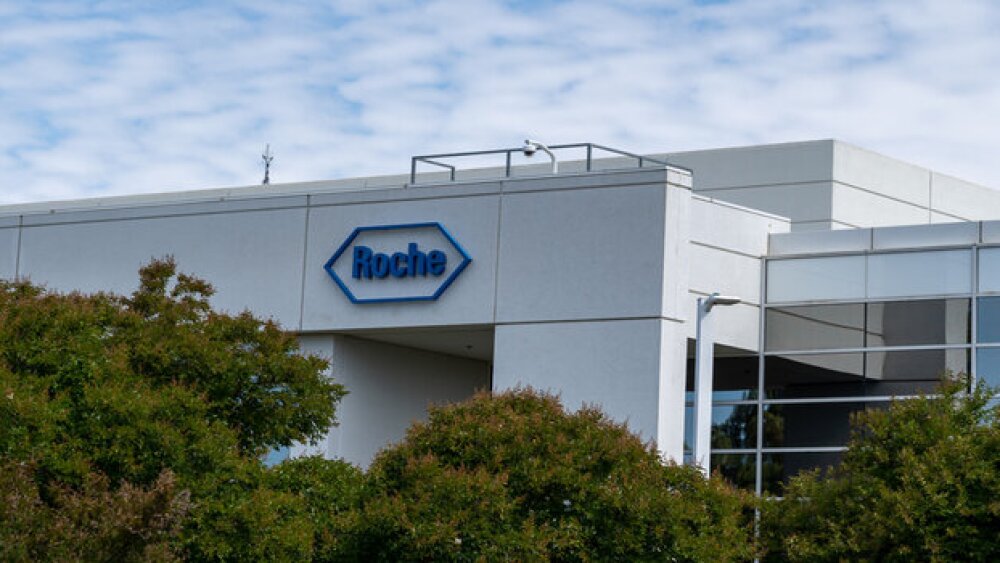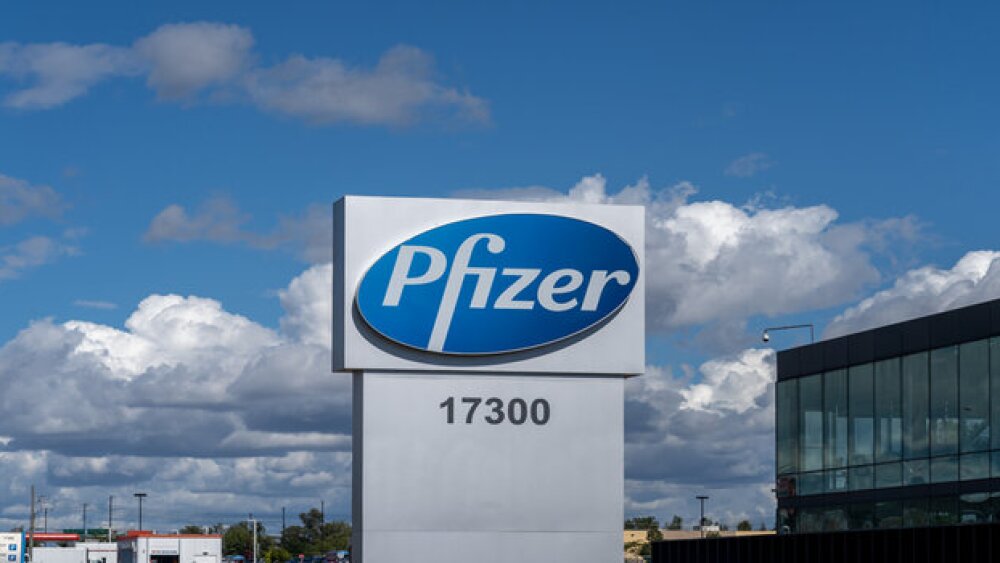October 16, 2015
By Alex Keown, BioSpace.com Breaking News Staff
PARSIPPANY, N.J., -- Daiichi Sankyo, Inc., the U.S. branch of Japan-based Daiichi Sankyo Company, Ltd. will slash up to 1,200 U.S. positions as it reorganizes its U.S. commercial operations from maturing primary care product portfolio to a specialty portfolio focusing on areas such as cardiovascular, pain management and oncology, the company announced this morning.
The eliminated positions will come from the company’s U.S. commercial home office, located in Parsippany, N.J., as well as field-based sales and other positions throughout the country. U.S. research and development positions will not be impacted, the company said. R&D staff are concentrated in Edison, N.J. and its packaging plant in Bethlehem, Penn. The company said the elimination of the positions will reduce expenses, but did not specify by how much. In its statement, Daiichi Sankyo said some of the eliminated positions will include current open jobs and the other eliminations would include those voluntarily made by current employees, as well as involuntary ones. The company also did not specify when the eliminations will occur or if the eliminations would be in phases or all at once.
The reorganization was announced as the company will lose exclusivity on its best-selling medication, Benicar, which will lose its patent protection in 2016. Benicar is used in the treatment of hypertension, brings in about 27 percent of annual revenue for Daiichi Sankyo. Last year the medication brought in $2.6 billion. Benicar is prescribed to keep blood vessels from narrowing, which lowers blood pressure and improves blood flow.
Ken Keller, president of Daiichi Sankyo’s U.S. commercial interests, said the new focus will call for the organization to restructure into a “smaller, highly targeted and efficient operating model, with a greater emphasis on customer-facing roles.”
“As we face the loss of exclusivity in the coming year of our largest product, we also look ahead to great opportunities with our emerging portfolio in cardiology, oncology, fibromyalgia and pain relief,” Keller said in a statement.
In addition to the loss of patent protection, a new blood thinner developed by Daiichi Sankyo that hit the U.S. earlier this year includes a regulatory warning, which analysts speculate may limit its market potential. SAVAYSA, also known as edoxaban, is an oral, once-daily selective factor Xa-inhibitor. The U.S. Food and Drug Administration (FDA) approved the medication in January, however the federal government said the medication will have to include a “boxed warning” that cautions against it being used for patients with normal renal function.
The switch to a specialty pharmaceutical company will allow Daiichi Sankyo’s U.S. division to address the “macro changes occurring in the U.S. healthcare system that place a greater emphasis on managing the needs of patients with more complex healthcare needs.”
Daiichi Sankyo’s U.S. division has faced other issues. In January of 2015, the U.S. subsidiary of Daiichi Sankyo Co. agreed to pay $39 million to the U.S. government and state Medicaid programs to settle claims it paid doctors kickbacks to prescribe its drugs, according to the U.S. Department of Justice. The lawsuit claimed the company provided kickbacks in the form of speaking fees at programs it hosted between 2004 and 2011. According to reports, the company allegedly offered the kickbacks to get physicians to prescribe Benicar, along with other high blood pressure medications Azor and Tribenzor. Kickbacks were also allegedly offered to increase prescriptions of cholesterol-lowering drug Welchol.
Daiichi Sankyo stock is currently up, trading at $19. Since a low of $13.49 on Jan. 15, the stock has shown a steady climb to its current levels.
Earlier this year, analysts speculated Daiichi Sankyo will not see much in the way of earnings growth over the next three to five years, although the company said it expects to see a 6.7 percent rise in profit to $554 million at the end of the fiscal year.






